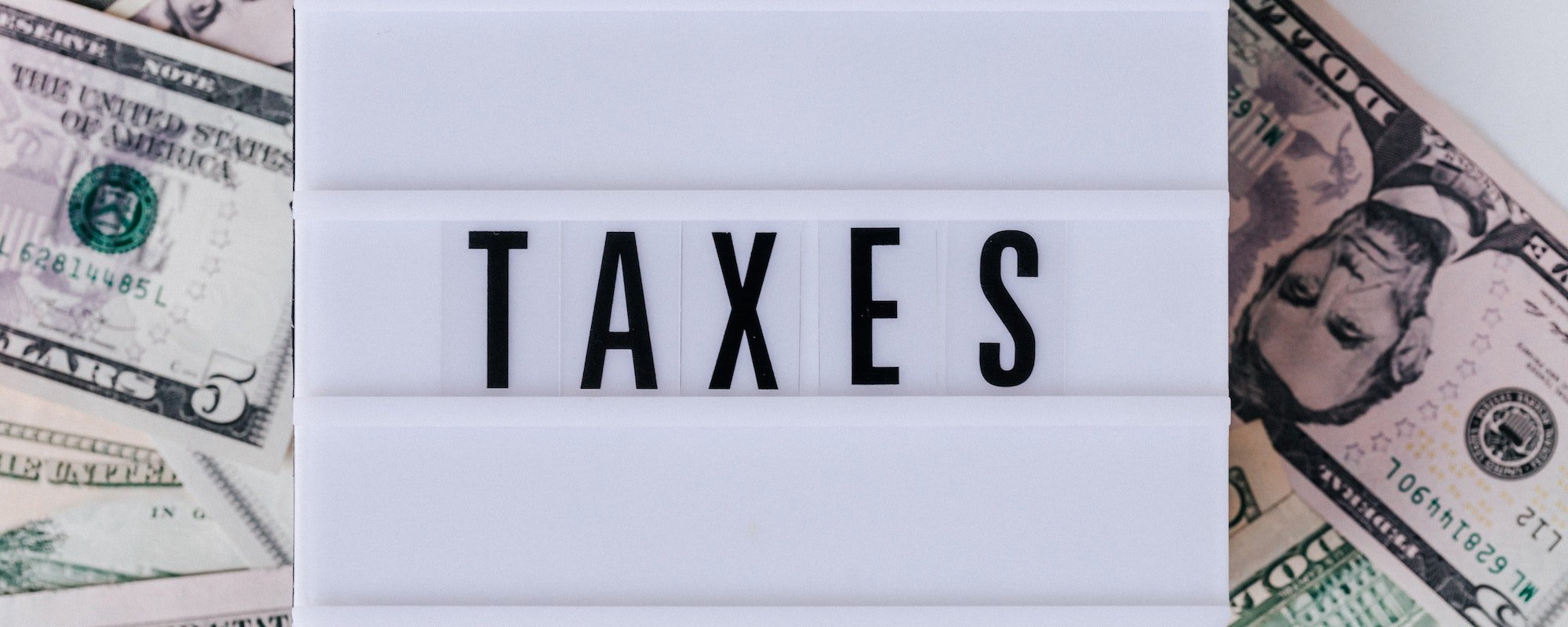Tax time can be stressful for anyone, but it can be especially daunting for recent home buyers and sellers. If you fall into this category, there are a few important things to keep in mind to make the process as smooth as possible. Here are some tips to help you navigate tax time:
For Home Buyers:
- Keep track of your closing costs: When you purchase a home, you’ll incur a number of fees and charges beyond the purchase price of the property itself. These costs are known as closing costs and can include things like appraisal fees, title insurance, and loan origination fees. Some of these costs, like origination fee or points paid, may be tax-deductible, so it’s important to keep track of them for your tax professional.
- Look into mortgage interest deductions: If you have a mortgage, you may be able to deduct the interest you pay on it from your taxes. This can be a significant deduction, so be sure to check with your tax preparer to see if you’re eligible.
- Don’t forget about property taxes: Property taxes are another important deduction for homeowners. If you pay property taxes, be sure to include them on your tax return.
For Home Sellers:
- Keep track of your home improvement expenses: If you made any improvements to your home before selling it, such as renovating the kitchen or adding a new bathroom, you may be able to deduct those expenses from your taxes. Keep track of all your home improvement expenses, including receipts and invoices, and give them to your tax preparer.
- Consider the capital gains tax: If you made a profit on the sale of your home, you may be subject to capital gains tax. However, there are some exemptions and deductions that may apply. Speak with your tax preparer to determine if you qualify for any of these.
- Remember to report the sale: When you sell your home, you’ll need to report the sale on your tax return. This includes information about the sale price, any expenses related to the sale, and any profits you made.
Closing Costs That Are Typically Not Tax Deductible:
While many closing costs related to a home purchase are tax-deductible, some are typically not deductible. Here are some examples of closing costs that are generally not tax-deductible (some listed may not be typically paid at closing but are included as they are expenses of buying or selling):
- Appraisal fees
- Credit report fees
- Home inspection fees
- Pest inspection fees
- Survey fees
- Notary fees
- Title search fees
- Title insurance premiums
- Transfer taxes
- Recording fees
- Home warranty fees
- Transfer and stamp taxes
- Attorney fees
However, it’s always a good idea to consult with a tax professional to determine which closing costs are deductible and which are not, as the rules and regulations surrounding tax deductions can be complex and can vary depending on your specific circumstances.
Tax time can be overwhelming, but with a little preparation, recent home buyers and sellers can make the process much easier. Many of the expenses you will need to know can be found on your closing disclosure and end-of-year mortgage statements. If you have any questions about items that are tax deductible or need to be reported during tax time, reach out to a tax professional.
If you sold or purchased property through The Cameron Team this past year and need your closing disclosure, we are happy to send you a copy. Just send us a message through our contact page and one of our Client Care Specialists will be in touch.



